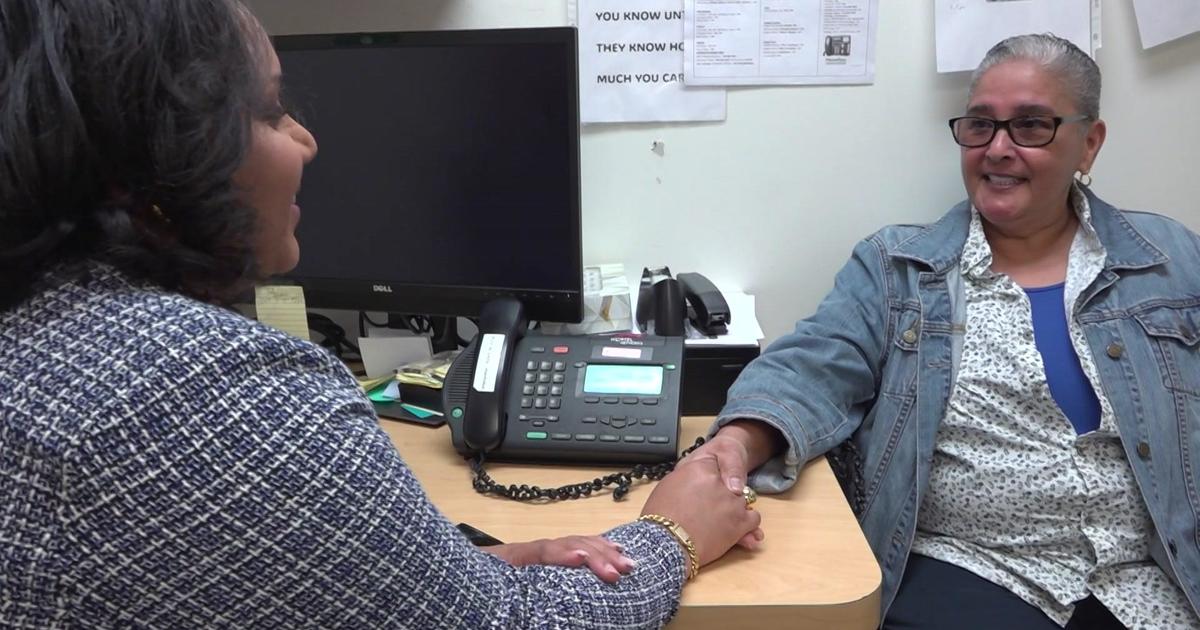Do You Need Less Sleep?
NEW YORK (WLNY) — We all know a good night's sleep is a must for good health, but everyone has their own ideas about what quality sleep is.
And as WLNY-TV's Katie McGee reported Tuesday, from how many hours of sleep one gets to whether one sleeps solo or with a partner, it all has an impact for a better sleep.
More: Gadgets & Apps To Help You Sleep Well
Fern Lazar is a busy mother of two, and runs her own business. She said sleeping fewer hours at night is the only way to get everything done.
"I know that even if I get three or four hours, I'm still highly functioning," said Lazar, CEO of Lazar Partners. "I don't yawn. I'm not falling asleep in meetings."
More: 7 Best Medical AppsFor 2013
And she said less sleep has not had a negative effect on her health.
"As long as I'm moving and I'm busy, I can still look forward to doing the same every day," she said.
Sleep specialist Dr. David Volpi said others share Lazar's experience.
"I see a lot of patients that get a lot accomplished with very little sleep," he said.
But Volpi said even though short sleepers like Lazar claim no ill effects from their lack of Zs, in most cases a good night's sleep is vital to good health.
"They're functioning most of the day during the day thinking they're 100 percent, but really they're probably only functioning at 40 to 50 percent," Volpi said.
Volpi said even those who are used to getting by on fewer hours may develop headaches and memory loss, among other symptoms.
One of his patients, Michael Josephson, said he often stays up late and "takes care of things," watches TV, or works on the computer.
"I could get away with it a lot more when I was younger, just like everything else," he said. "I know now I'm feeling it more."
And it isn't just the number of hours that are important. For some people, it's sleeping alone or with a partner that can make the difference.
"Psychologically, we benefit from closeness with another human being at night," said Dr. Wendy Troxel of Rand Corporation.
That means sleeping with a partner can lead to a more solid sleep experience.
"Probably with the course of our evolution, we were really designed to sleep together with other people," said Dr. Daniel Buysse of the University of Pittsburgh.
But nighttime togetherness doesn't work for all couples. Snoring, sleep apnea and other conditions keep some partners apart.
"He has his own bedroom and I have my own bedroom," Paige Barr said. "I highly recommend it."
Real estate trends supporting separate sleep are even sprouting up, but sleep experts said physical closeness at bedtime can lead to both increased physical and emotional well-being.
"Often, when we actually improve their sleep and they suddenly realize what they've been missing all that time," Volpi said.
There are solutions for snoring that might make sleeping together unpleasant. If you suffer from snoring or sleep apnea, experts advise talking to your doctor about treatments available.



